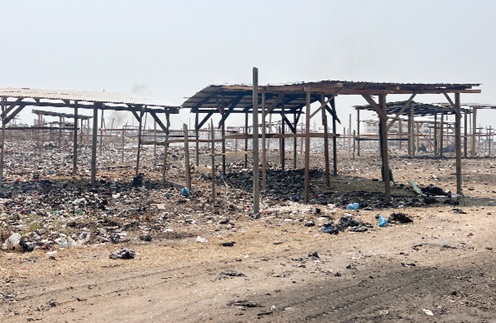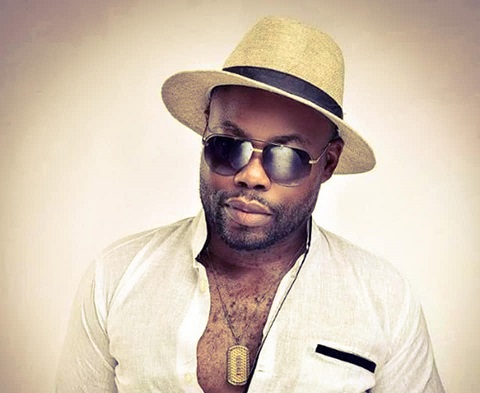Sophia Akuffo decries rising sexual assaults among girls, calls for moral and social reform

Former Chief Justice Sophia Akuffo has expressed deep concern over the increasing incidence of sexual assault among girls in Ghana, emphasizing that tackling the problem requires more than just enforcing laws.
Her remarks follow a 2023 report by UNICEF and the Girls’ Excellence Movement, titled “Sheltered Yet Exposed,” which revealed that 51.9% of females in Senior High Schools experienced sexual assault between 2019 and 2021. The report noted that 54.3% of victims were aged 17–22, while 45.7% were between 11 and 16. Offenders included friends (24%), family and friends (12%), schoolmates (12%), teachers (10%), and strangers (9%).
Speaking in an interview on Channel One TV, Justice Akuffo described the statistics as “very disheartening,” expressing disappointment that such abuses persist despite laws and special courts addressing gender-based violence.
“It’s like there’s a certain adage that the more things change, the more they remain the same,” she said. “It’s almost as though we never moved. And it comes from a certain conception that when you’re a female, you’re fair game. It’s a shame that matters have not improved.”
She stressed that the traditional advice warning girls only about strangers is insufficient, noting that most offenders are known to their victims.
“We need to revise the advice we give our girls. It’s not ‘stranger danger,’ maybe it should be ‘male danger,’” Justice Akuffo remarked.
The former Chief Justice emphasized that while laws are essential, they must be complemented by moral education, proper socialization, and strong ethical standards.
“The law functions as part of the toolkit when all else fails, but upbringing, morality, and common sense must work together,” she said.
Justice Akuffo also condemned the culture of silence and victim-blaming, which often prevents survivors from speaking out.
“We still have in our society this vestige of ‘don’t talk about it, it’s embarrassing, it’s shameful,’” she said. “And then people ask, ‘What did you do? Look at the dress you’re wearing.’ These justifications amount to enablement.”
She further warned against the exploitation of minors by adults in positions of trust, such as teachers and employers, highlighting that manipulative behavior in other jurisdictions is recognized as “grooming” and treated as a criminal offence.
“In crime prevention, you don’t want to reach the edge of the cliff — you start putting barriers half a mile from the edge,” she said. “We really need to take a second look at how we deal with offences against younger persons.”




